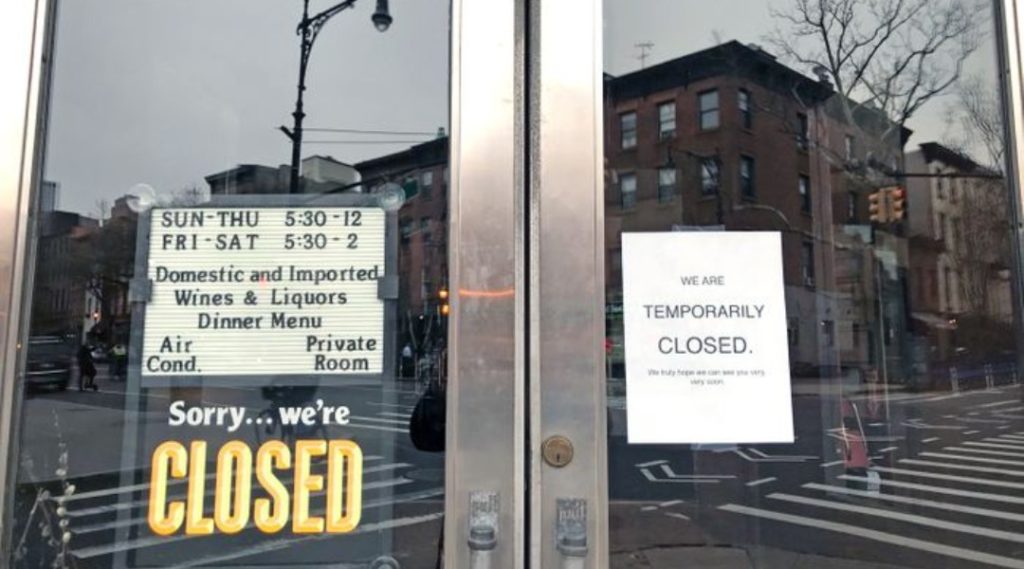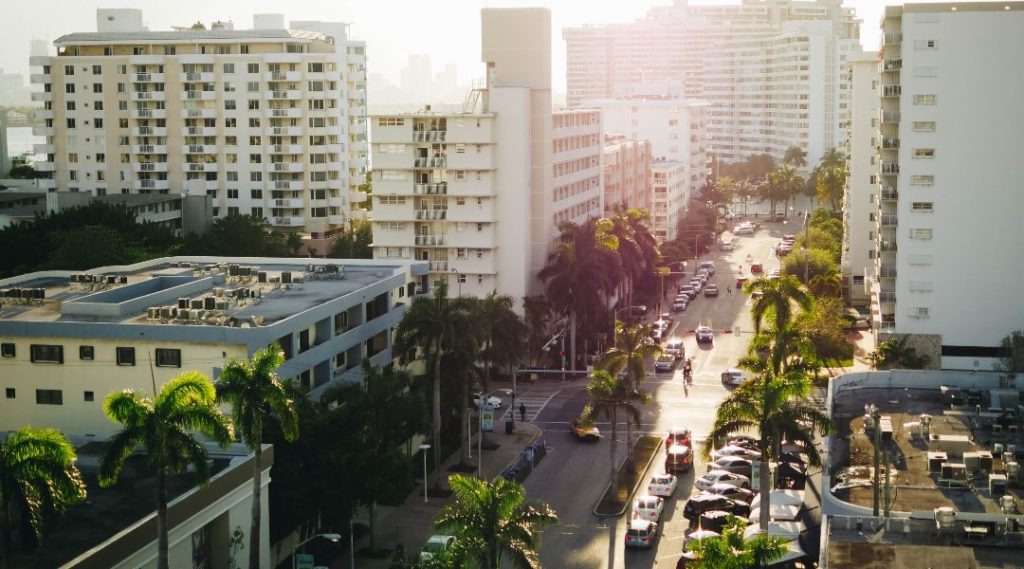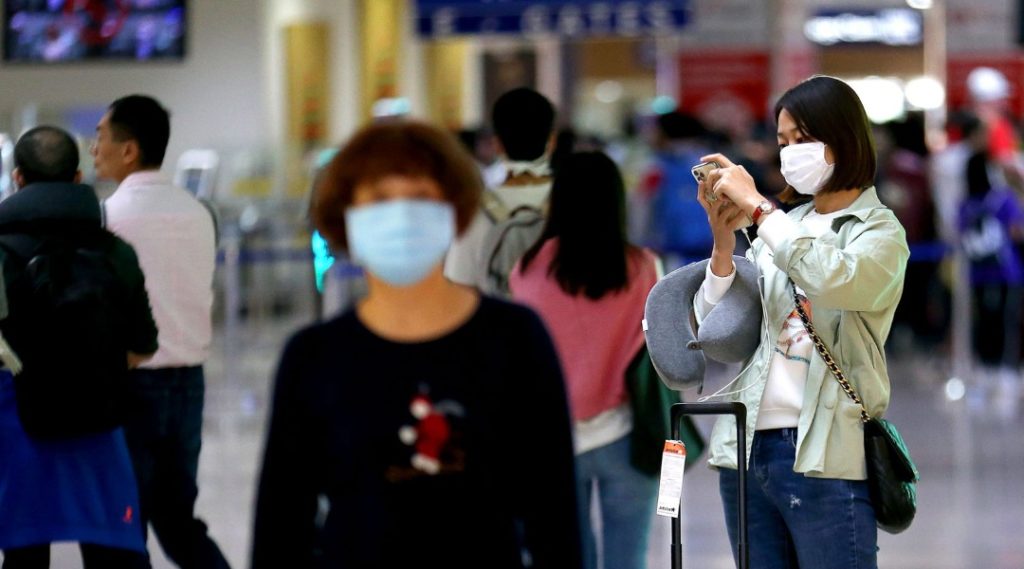Beyond the comforts of a home, remember those in the frontlines, the very people fighting to return and improve the way of life during a virus outbreak
In any crisis, everyone’s priority is their family, friends, relatives, and of course, the self. An ongoing pandemic like the COVID-19 has highlighted this human truth, as everyone is fighting for survival. However, while people are busy surviving, what about those on the frontlines fighting against the pandemic, protecting and saving as many lives as they can?
In a time of crisis, it is not enough to think of ourselves and those we choose to care about. While we can comfortably dwell in our homes amid the quarantine, there are thousands out there—health workers, contractual and minimum wage employees, community and transport workers who have to risk their lives and continue working. Otherwise, they would not be able to provide the crucial help that others need, including income for their own family to pull through in this state of calamity.
When disaster strikes, think of the people beyond our immediate circle. Think about the people who are crucial to keep the community, the entire country moving. No matter the economical position, what can we do to help? How can we reach out to help return to the life we know, and furthermore, improve it?
RELATED READS: What Are Business Giants Doing During The COVID-19 Crisis?

The Impact of a Calamity
When the Philippine government first announced the community quarantine, those in the workforce were and are still the most affected as their companies and businesses are temporarily shut down. When operations indefinitely stopped, how would employees earn their income? Thankfully, several companies like these business conglomerates properly responded to the situation. But as local and international businesses remain in lockdown, the global economy is at a vulnerable state, at risk of fallout.
In the country, about 7000 Filipinos may become unemployed in the next six months. Workers in the tourism industry are among those heavily hurt, experiencing layoffs following travel bans across the globe. This mass unemployment is threatening, especially in a country continuously struggling to provide job opportunities across regions. Also, now that public transport is suspended, how would people, especially the sick, pregnant, and elderly, visit the hospital or stores to get necessities? This alarming situation certainly calls for everyone to help.
RELATED READS: Sanitize Your Living Spaces With These Professional Cleaning Services


Being a Good Neighbor
While people are in quarantine, there are still ways we can reach out and be a good neighbor to others. For those living in executive subdivisions and villages, set up a WhatsApp, Viber, or Facebook group chat for your home association. You can share news, credible information, and in some cases, special shopping hours of your local grocery store for the elderly. In this way, everyone within the vicinity can remain updated with changes outside.
While social distancing is still observed, keep in contact with your neighbors through digital means. In case of emergencies or if you simply want to accompany them through isolation, you can easily phone one another. If online access is not available, you may leave a handwritten note outside the door with your information. If you have an elderly neighbor struggling to shop for supplies like medicine, you may offer to help them order online. And lastly, making a safety plan is the most crucial. Keep an emergency bag with you and tell neighbors to do the same. Working together is the easiest way to survive in a crisis.
RELATED READS: Homeschool Options Amid Community Quarantine

Recovering After Quarantine
If you can be a good neighbor during quarantine, then what happens after it is lifted? What about the employees of businesses that temporarily shut down? For owners, managing businesses can be indeed challenging, especially after a crisis. To ease the downturn and help speed up global economic recovery, business owners can implement a flexible work scheme. Rather than laying off workers, the working schedule can be temporarily cut-off while having unemployment benefits proportionate to the reduced hours. Apart from allowing employees to retain health insurance in a desperate time, this will give them time to attend to errands and prepare for the workload following the suspension of operations. In this way, companies can avoid the cost of recruitment and training, in the event of hiring new workers.
Business owners like those in telecommunications and electricity and service providers can extend deadlines for bills payments. At the same time, those in banking and finance can ease bank lending rules and reduce interest rates in loans. These can give time for people to recuperate their finances and prioritize attending to their existing debts.
The crisis affects people in different degrees and ways. Those in a better position, recognize that there are people who continue to struggle in these challenging times, and the state of the world right now is the perfect time to work together. Looking out for someone else in need is a refreshing change of pace to our new reality.





